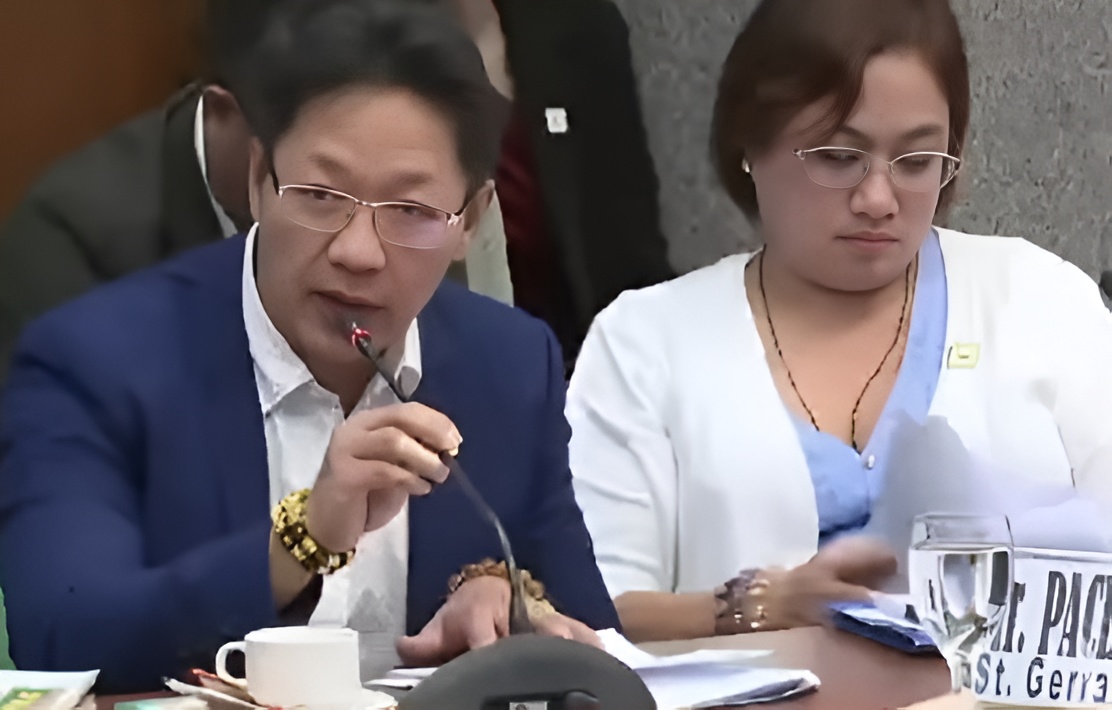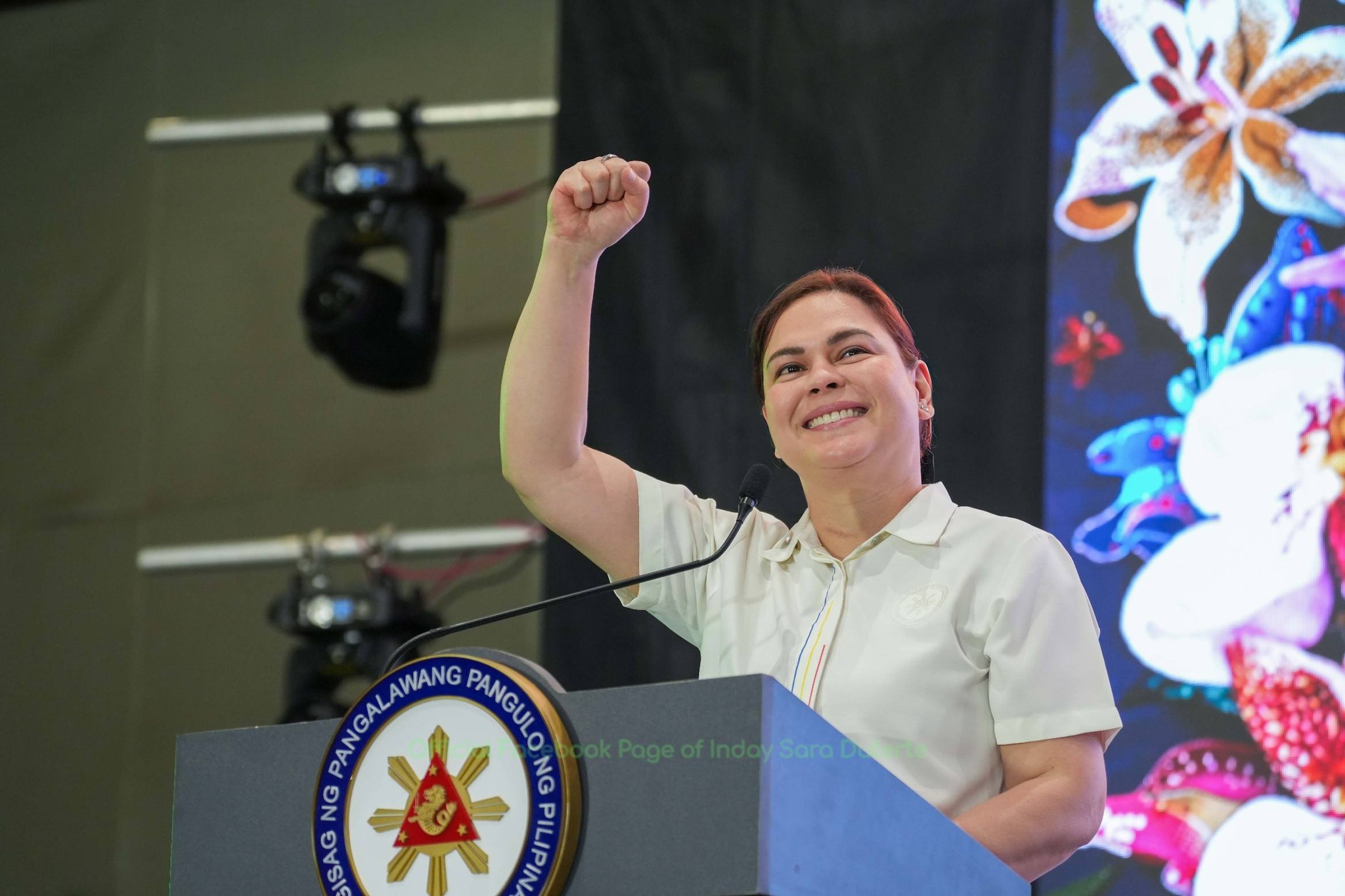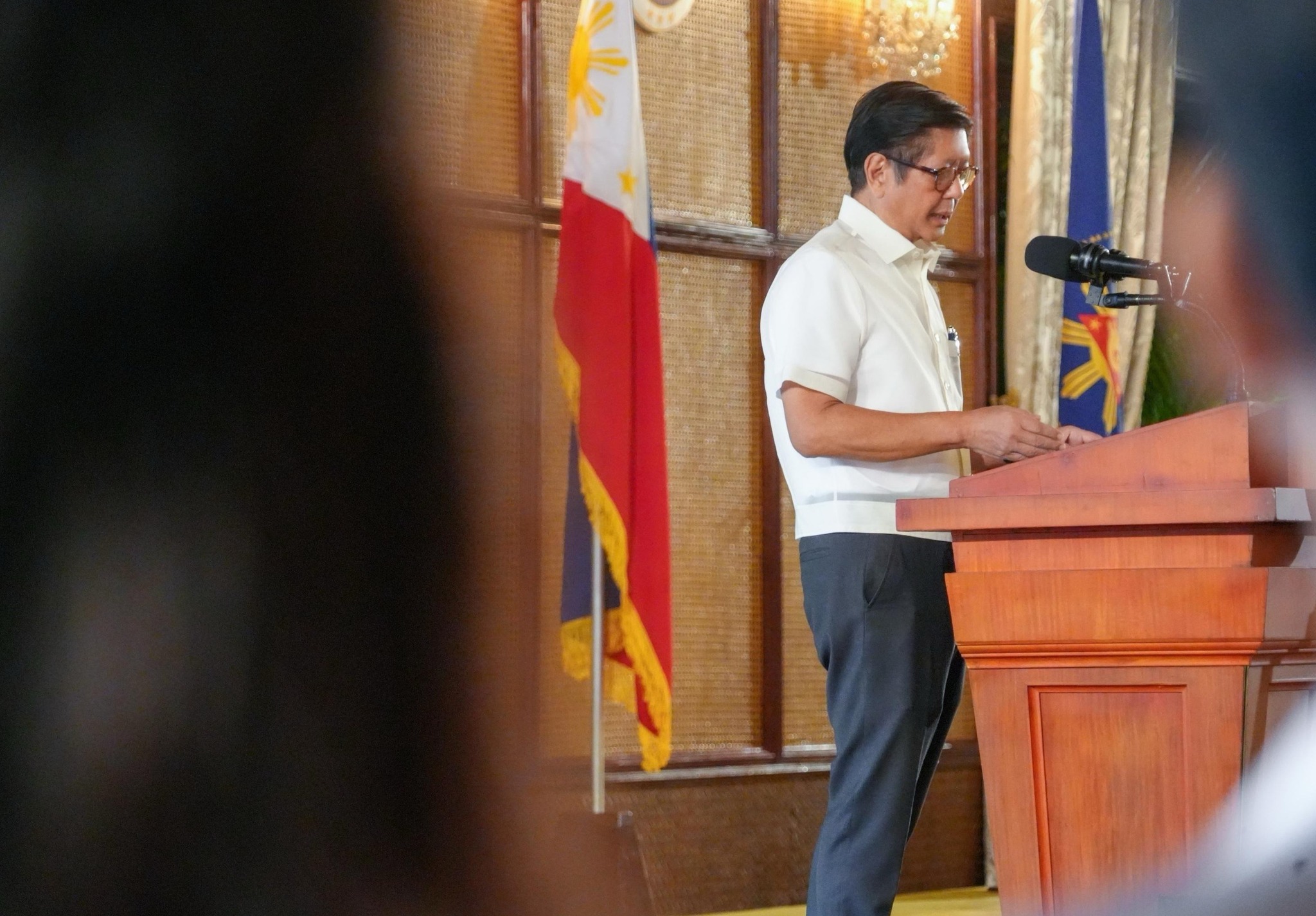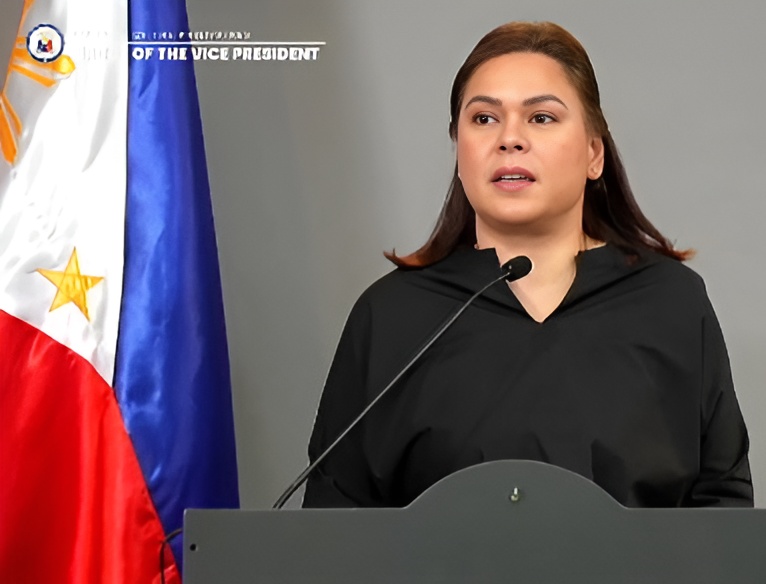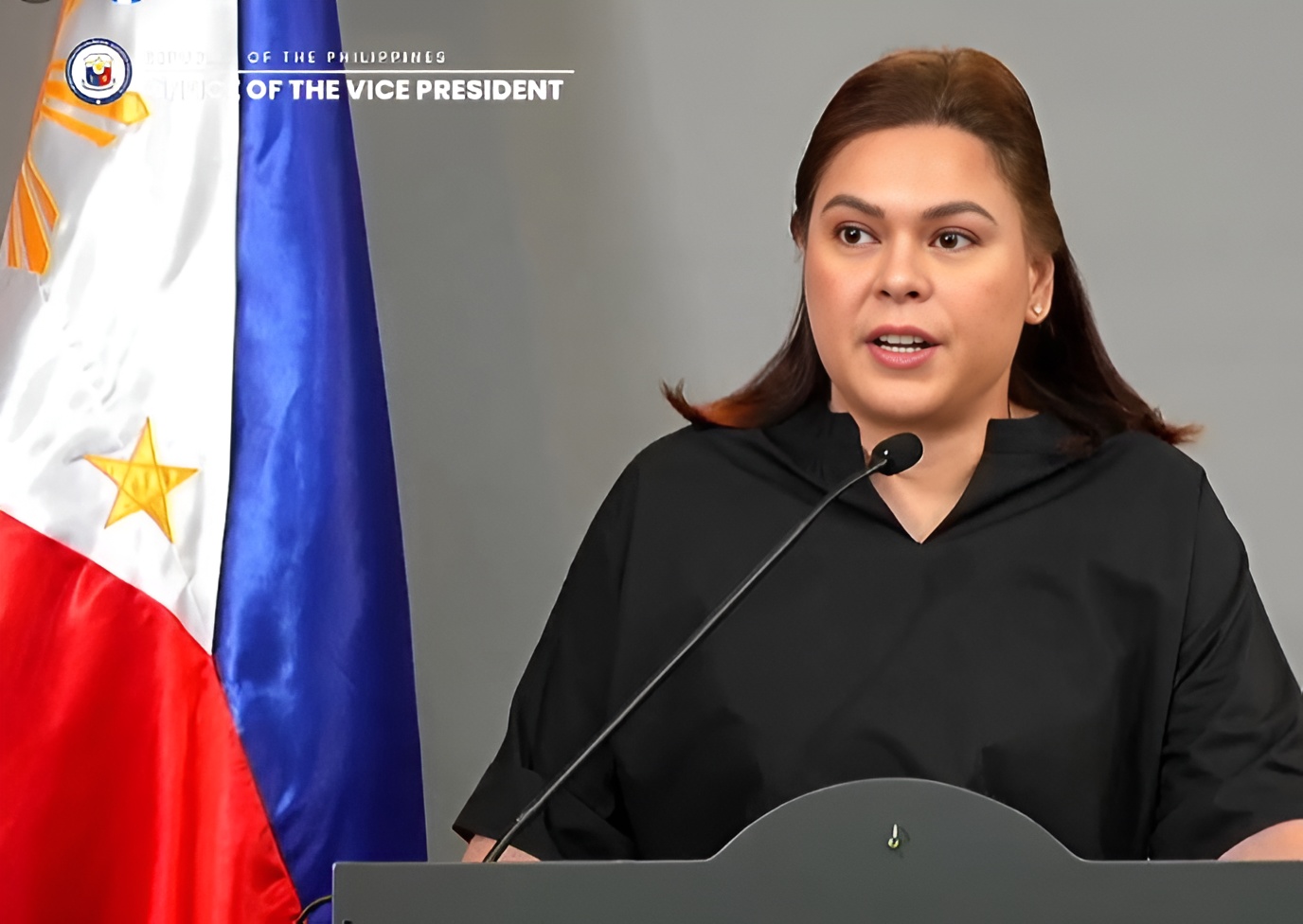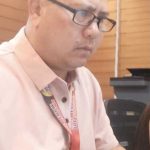
It doesn’t take a lawyer for the ordinary Filipino to recognize the glaring inconsistencies in the sworn statement of the Discayas. At first glance, it already reeks of selectivity—names are dropped sparingly, as if chosen with care, while others are conveniently left in the shadows. The very phrase “ilan po sa kanila” (some of them) betrays the fact that there are more personalities entangled in this web of corruption who remain unmentioned.
And this is where the problem lies. When a sworn statement becomes an exercise in half-truths, it stops being a tool for justice and instead becomes a shield—protecting some while sacrificing others. It raises disturbing questions: Is this testimony a genuine attempt to reveal the full picture of corruption? Or is it a calculated maneuver, designed to divert attention, deflect blame, and preserve the untouchables who sit at the very top of this rotten structure?
Such selectivity is not new to the Filipino people. Time and again, we have seen “tell-all” testimonies that, in reality, tell little. The practice of revealing only enough to create the illusion of accountability while keeping the bigger players hidden has long been a strategy in our politics and governance. It gives the public just enough detail to spark outrage—but never the full truth that would truly shake the system.
This culture of partial revelation erodes trust not only in the process of investigation, but also in the very institutions tasked with safeguarding justice. Every omission, every carefully chosen word, every name that is left out becomes a silent betrayal of the public’s right to know. When the truth is filtered and packaged for convenience, it ceases to be truth at all—it becomes propaganda.
The Filipino people deserve better. We are not blind, nor are we naïve. We know that corruption on this scale cannot possibly be the handiwork of “some of them” alone. Behind every exposed name is a chain of connections, hidden benefactors, and silent collaborators whose power thrives in secrecy. To pretend otherwise is to mock the intelligence of the nation.
Accountability must not be selective. Justice cannot be piecemeal. If a sworn statement is to mean anything, it must reveal the full picture, no matter how inconvenient, no matter how powerful the names involved. Otherwise, it becomes nothing more than another tool of deception—one more page in the long history of cover-ups that have robbed Filipinos of progress and dignity.
The question now is simple yet profound: Will the Filipino people accept another half-truth dressed as justice? Or will we demand the complete story, the entire chain of responsibility, and the uncompromising accountability that this nation has been denied for far too long?
The answer to that question will determine not only the fate of this case, but also whether we, as a people, will continue to tolerate a system that thrives on secrecy—or finally rise to demand the full truth that is rightfully ours.

